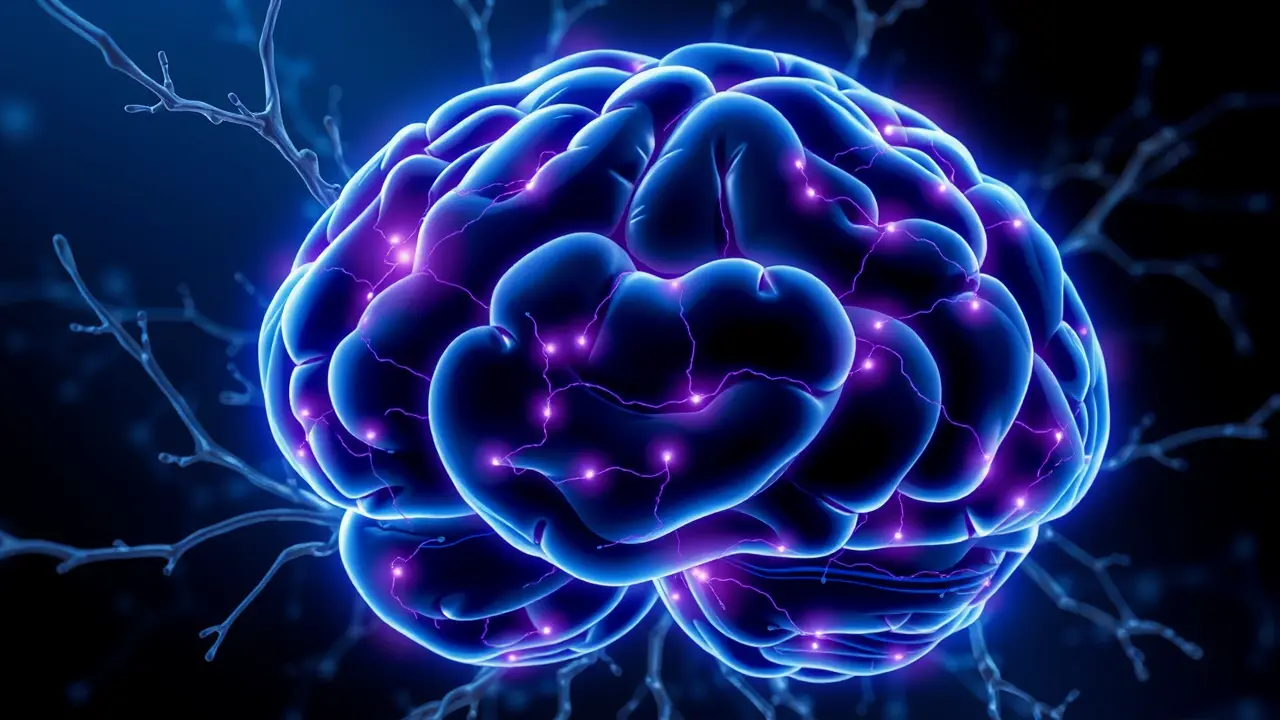Your brain’s power supply may hold the key to mental illness
The brain, that three-pound universe inside our skulls, has long been the final frontier of medicine, but we're now witnessing a paradigm shift as profound as the discovery of the neuron itself. Groundbreaking research emerging from Harvard is pulling back the curtain on a hidden layer of our neural architecture, exposing a fundamental truth: mental illness may be less a disorder of abstract thought and more a catastrophic failure of cellular power supply.This isn't just about chemical imbalances anymore; it's about metabolic bankruptcy at the most fundamental level. By taking skin cells from individuals with conditions like schizophrenia and bipolar disorder and reprogramming them into induced pluripotent stem cells, which are then coaxed into becoming neurons, scientists are creating living, breathing avatars of a patient's own brain in a petri dish.What they're finding is a landscape of energetic despair. These neurons, when placed under metabolic stress, don't just falter; they collapse, revealing defective mitochondria—the tiny power plants within every cell—that can't keep up with the immense energy demands of firing, signaling, and forging the intricate networks that constitute mood, thought, and cognition.It’s as if the very infrastructure of the mind is suffering from a persistent brownout, where the lights flicker and critical systems fail not because of a single broken wire, but because the entire grid is fundamentally undersized and inefficient for the complex computational tasks it must perform. This research, sitting at the thrilling convergence of AI and biology, calls for nothing less than the complete abandonment of our rigid, century-old diagnostic categories—the DSM's checklist of symptoms—in favor of a biology-based system that reflects the true, messy, biological complexity of the human condition.Imagine a future where a psychiatrist doesn't just diagnose 'major depressive disorder' based on a patient's reported feelings of hopelessness, but instead orders a metabolic panel for their neurons, identifying specific deficits in their cellular energy production pathways. This marks a decisive pivot toward a future of preventive and precision mental healthcare, where interventions could be designed to shore up these metabolic weaknesses long before a full-blown psychiatric crisis occurs, using targeted nutritional support, novel pharmaceuticals that enhance mitochondrial function, or even gene therapies to correct the underlying genetic glitches that lead to these power failures. The implications are staggering, suggesting that the divide between neurological and psychiatric disorders is an artificial one, and that the key to unlocking the mysteries of the mind has been hiding in plain sight all along, in the relentless, energy-hungry hum of our own cells.
JA
Jamie Larson123k2 days ago
wow this is a huge shift from the 'chemical imbalance' theory we always heard, makes you wonder how many treatments were just bandaids tbh
0
JA
Jamie Lowe123k2 days ago
so our brains are just running on bad batteries huh idk why but that actually makes more sense than anything else ive heard
0
